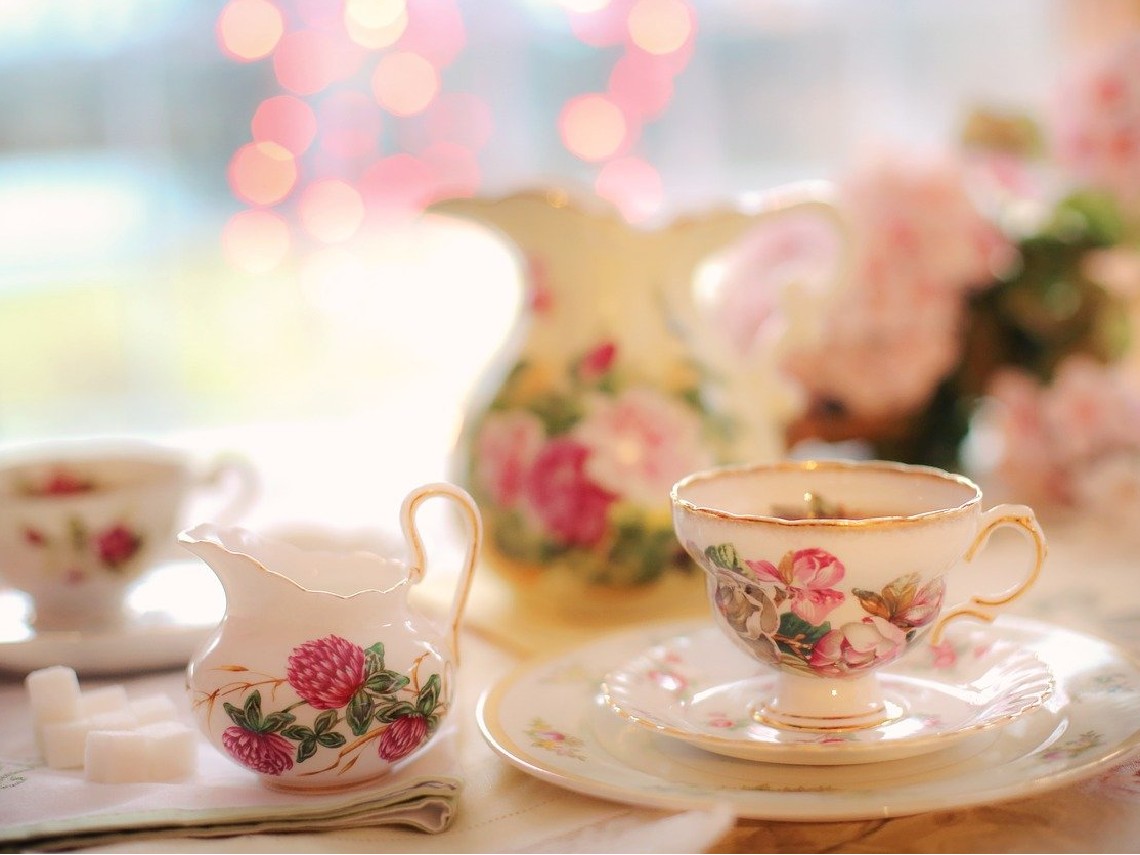
This year our daily habits and routines have been completely topsy turvey. As the autumn approaches and Covid cases are on the rise, we know we face more risk and more restrictions. The next six months will prove testing and we’re left wondering how long it will last and what will come next.
Life and work has been fundamentally changed. It’s a worrying time and many are already suffering from increased anxiety levels and mental ill health.
The Duke of Wellington once remarked that you should get over heavy ground as lightly as you can. Since we have no choice but to get through the testing time ahead, we might as well try to do so as lightly as we can.
Here are some ways that will help you cope with the next phase of Covid.
While we have more information about coronavirus than we did in March, and the medical profession have also made helpful discoveries in relation to treatment, there are still many unknowns. Heightened levels of anxiety lead us to fight or flight. We either try to escape from our feelings of anxiety and fear, or we try to fight it by trying to problem-solve. This isn’t going to work if we don’t yet have the answers.
Repeatedly going over the problem will simply fuel the initial anxiety. The risk is that we are caught in a negative, downward spiral that leaves us less able to cope with what lies ahead. Stop dwelling on things you can’t change or resolve. That’s easier said than done, but you can break the cycle by accepting the situation and finding better ways to direct your thoughts and in turn that increases your resilience.
When people are anxious they tend to turn inwards so that they see only themselves and their own concerns. Anxiety reduces our ability for perspective-taking. In other words, we fail to see things from another’s point of view. By doing this we miss opportunities to improve our situation. Instead of looking outside ourselves and connecting with others who might help us, we draw inwards and focus on our own situations. Look outwards. If you can support others and look after them you’ll also strengthen yourself. One study showed that when individuals give others a gift, they become happier and more resilient than if they bought the same gift for themselves. Caring for others is a helpful form of self-care, especially in a crisis.
During times of great uncertainty many people find it helpful to create a ritual. That ritual is in your control and creates certainty. It’s familiar and soothing. For example, during the spring lockdown we were having a clear out at home and I found an old tea service that had come from my husband’s grandmother. It was far too pretty to leave in a box, so we started making tea the old-fashioned way, with tea pot, tea cosy, cups and sauces and milk in a jug. Once a day, we had (and still have) our tea ritual and find it enjoyable and relaxing.
Pay proper attention to those you’re with. If you stay focussed on what you’re doing or who you’re with and what they are saying, it leaves no room to worry about other things. If you find it hard to keep your focus, ask a question to re-engage your attention.
Try the mindfulness approach. This is about focussing on the “now” and reducing the mind’s tendency to go round and round with difficult and unhelpful thoughts. Pay attention to what’s happening round you. Notice the sounds, think about the taste of your food, or the feeling of sun or rain on your face when you’re outside. Pausing occasionally to absorb what your senses are telling you gives you a break from an anxious mind and enhances your awareness.
Living through the next few months will be testing. We long for but don’t have clear answers for what our new work lives will look like. By travelling lightly over the heavy ground, we can find ways to protect our health, survive and thrive.
If you have HR queries and problems, get in touch!
Sign up for our free resources and free weekly tip - subscribe here.
Phone 0345 644 8955
LinkedIn Russell HR Consulting
DISCLAIMER
Although every effort has been made to ensure the accuracy of the information contained in this blog, nothing herein should be construed as giving advice and no responsibility will be taken for inaccuracies or errors.
Copyright © 2020 all rights reserved. You may copy or distribute this blog as long as this copyright notice and full information about contacting the author are attached. The author is Kate Russell of Russell HR Consulting Ltd.
Latest blog posts
- Is There a Santa Clause?
06 / 12 / 2023
- Lend Us a Hand!
22 / 11 / 2023
- What Happens When There is a Clash in Protected Characteristics?
17 / 10 / 2023
- Encouraging a Healthy Workforce 2
21 / 09 / 2023
- Encouraging a Healthy Workforce
23 / 08 / 2023
- What a Disaster - (But We Have a Cunning Plan!)
20 / 07 / 2023
- It’s Time We Stiffened the Sinews
14 / 06 / 2023
- Why Is It So Important to Develop Emotional Resilience?
16 / 05 / 2023
- When is a discretionary bonus not discretionary?
20 / 04 / 2023
- Recovering Training Costs 15 / 03 / 2023
